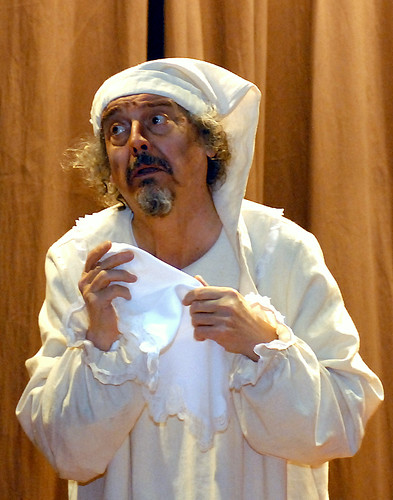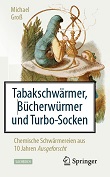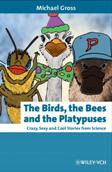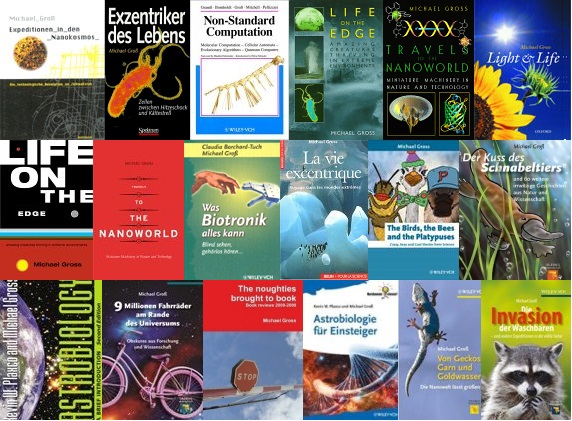The UK's Advertising Standards Authority has banned this ad:
according to this report in the Guardian, and I'm having a huge problem with this decision. The posters don't show anything at all apart from the drink, just words, and (as the ad slogan itself suggests) any associations are purely in the mind of the beholder.
If we've reached the point of not being allowed to use words that have several meanings because some readers may associate them with a meaning that they themselves will then find offensive, I think we've arrived in a kafkaesque nightmare of censorship. If people are offended by their own thoughts, it should be their own problem, right?
To use a visual analogy, if looking at a lighthouse makes you think of male genitalia, that doesn't give you the right to ask for images of lighthouses to be banned. The association is exclusively your own problem.
And that's essentially the point that the ad itself tried to make in a playful way. Clearly some people at the organisation in charge of such things were unable to grasp this subtle philosophical point.

















